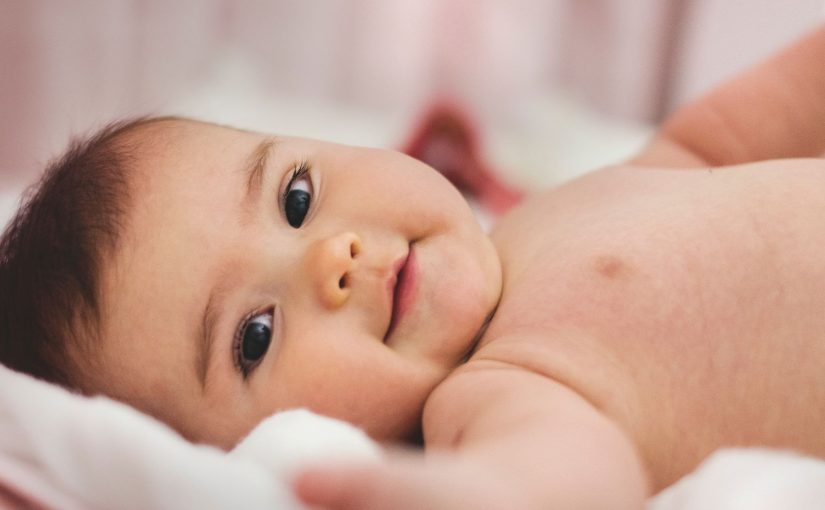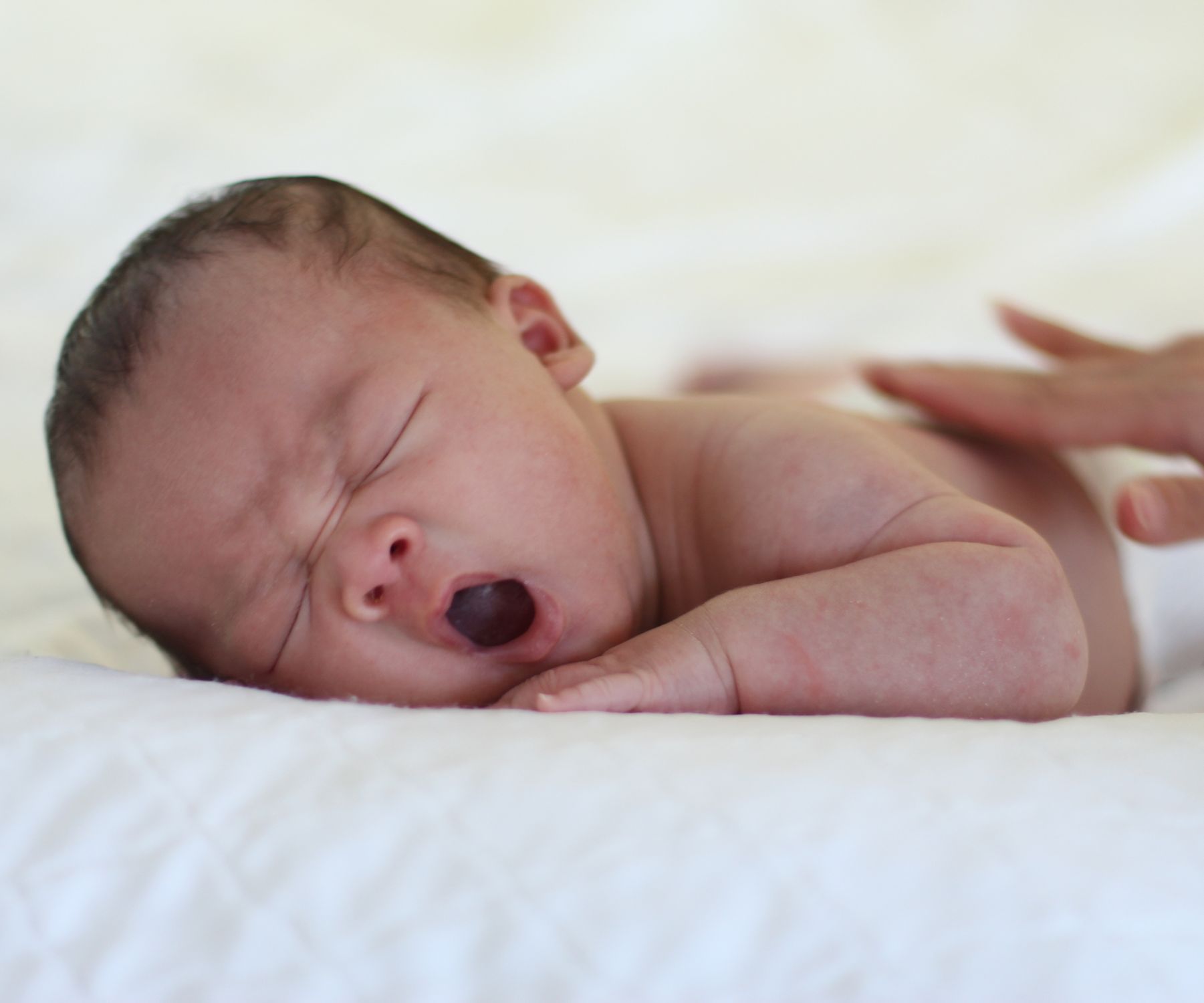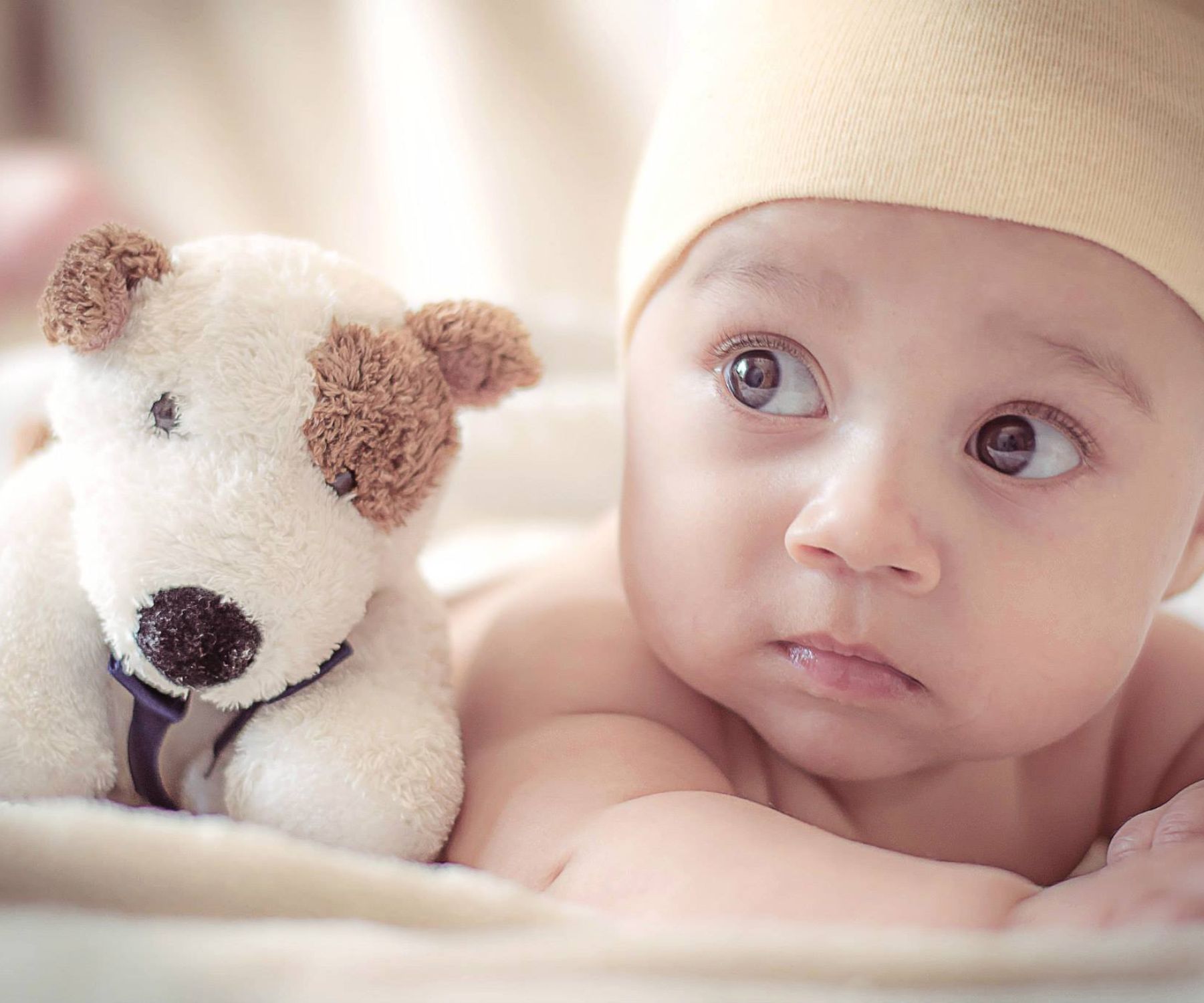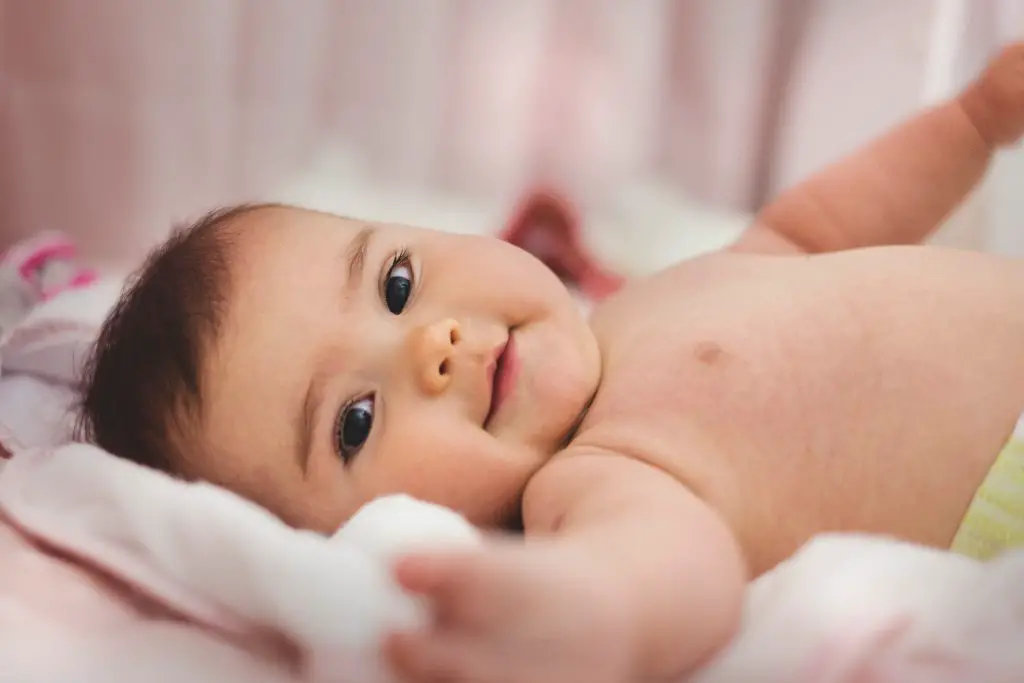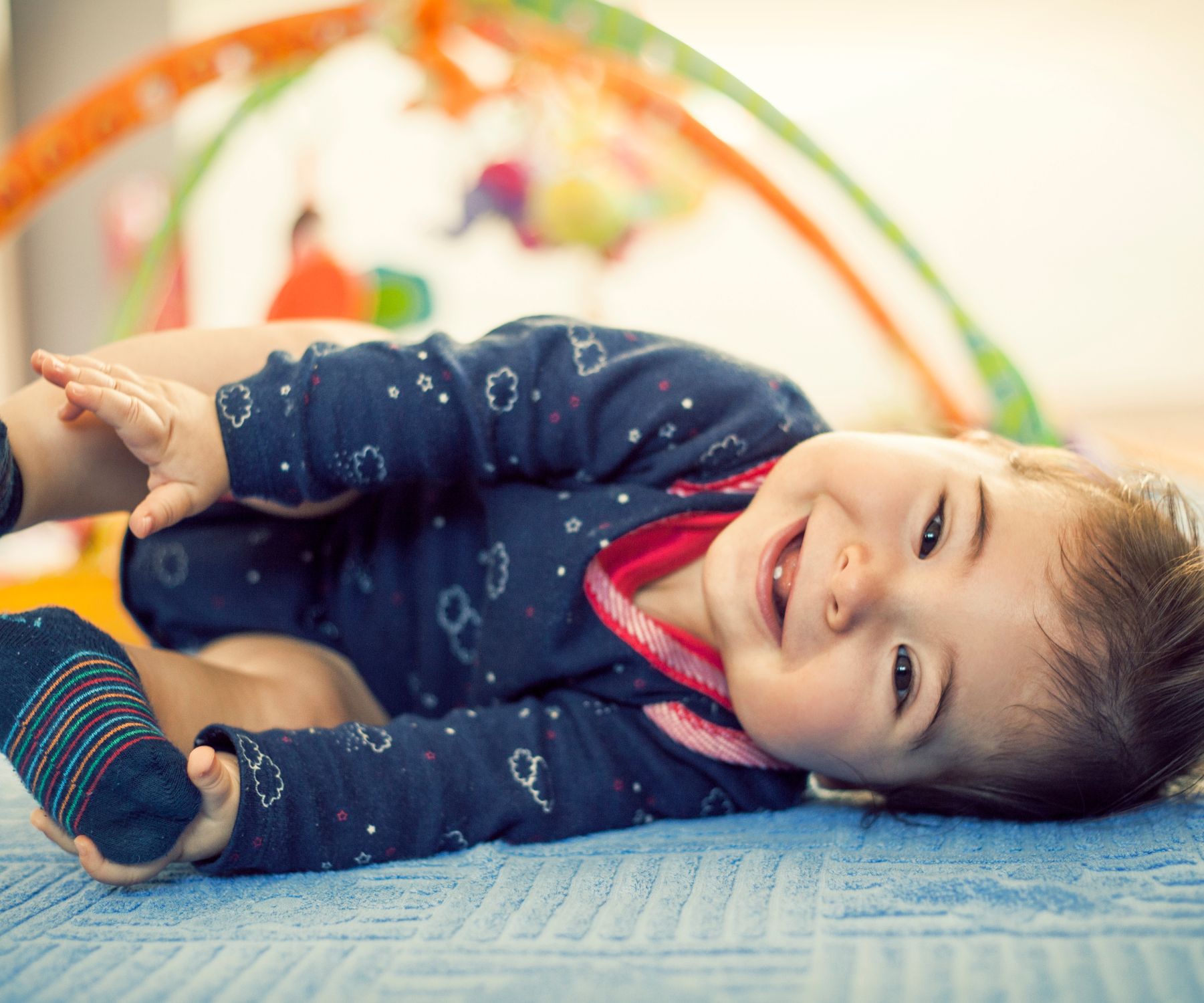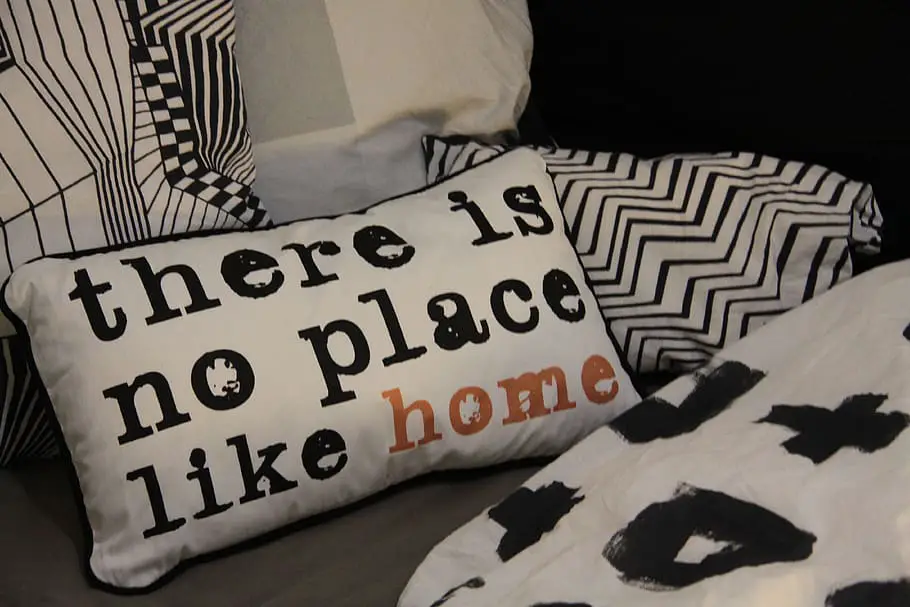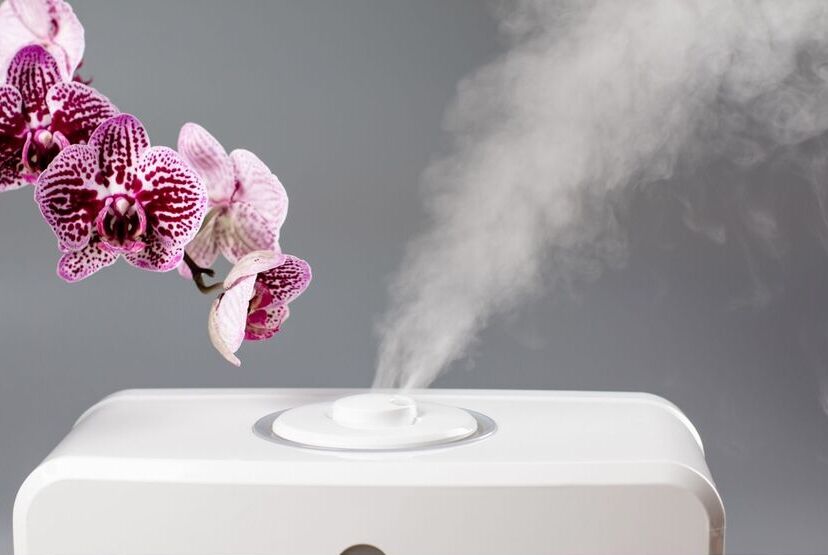Table of Contents
Should You Use a Humidifier or Air Purifier for Your Baby? A Helpful Guide
Having a new baby brings so much joy, but also many concerns about keeping them healthy and comfortable. Two devices that parents often consider using are humidifiers and air purifiers. But should you use one, both, or neither for your little one? Here’s what you need to know about humidifiers and air purifiers to decide what’s best for your baby.
Why Use a Humidifier or Air Purifier?
There are a few key reasons parents may want to use a humidifier or air purifier in their baby’s nursery:
- Relieve congestion and coughing – Dry air can irritate your baby’s nasal passages, making congestion and coughing worse. A humidifier adds moisture back into the air to soothe these symptoms.
- Prevent dry skin – Babies’ skin is delicate and can become dry and irritated easily. A humidifier prevents excessively dry air that can worsen dry, itchy skin.
- Filter allergens and irritants – Air purifiers remove allergens like dust mites, pet dander, and pollen from the air so your baby breathes cleaner air.
- Alleviate breathing issues – For babies with respiratory conditions like asthma, a humidifier or air purifier can make breathing easier.
Key Differences Between Humidifiers and Air Purifiers
While humidifiers and air purifiers both improve air quality, they work differently:
| Humidifier | Air Purifier |
|---|---|
| Adds moisture and humidity to dry air | Removes allergens, pollutants, and irritants from the air |
| Helps relieve congestion, coughs, and dry skin | Helps relieve allergies and asthma |
| Uses a wick filter, warm mist, or cool mist to humidify | Uses a HEPA filter to trap particles and remove them from the air |
Should You Use a Humidifier, Air Purifier, or Both?
Whether you need a humidifier, air purifier, or both depends on your baby’s needs and environment:
Humidifier Only
A humidifier alone may be sufficient if:
- Your home’s air is very dry
- Your baby has frequent congestion, coughs, or dry skin
- Your home has minimal allergens or irritants
Air Purifier Only
An air purifier alone may work if:
- Your baby has asthma, allergies, or respiratory issues
- Your home has high levels of dust, pet dander, pollen, or other allergens
- Your home’s humidity level is already adequate
Both Humidifier and Air Purifier
Using both may be ideal if:
- Your air is very dry and contains many allergens or irritants
- Your baby has frequent congestion, coughs, and allergies
- You want comprehensive protection against dry air and indoor pollutants
Having both appliances allows you to reap the unique benefits of each one.
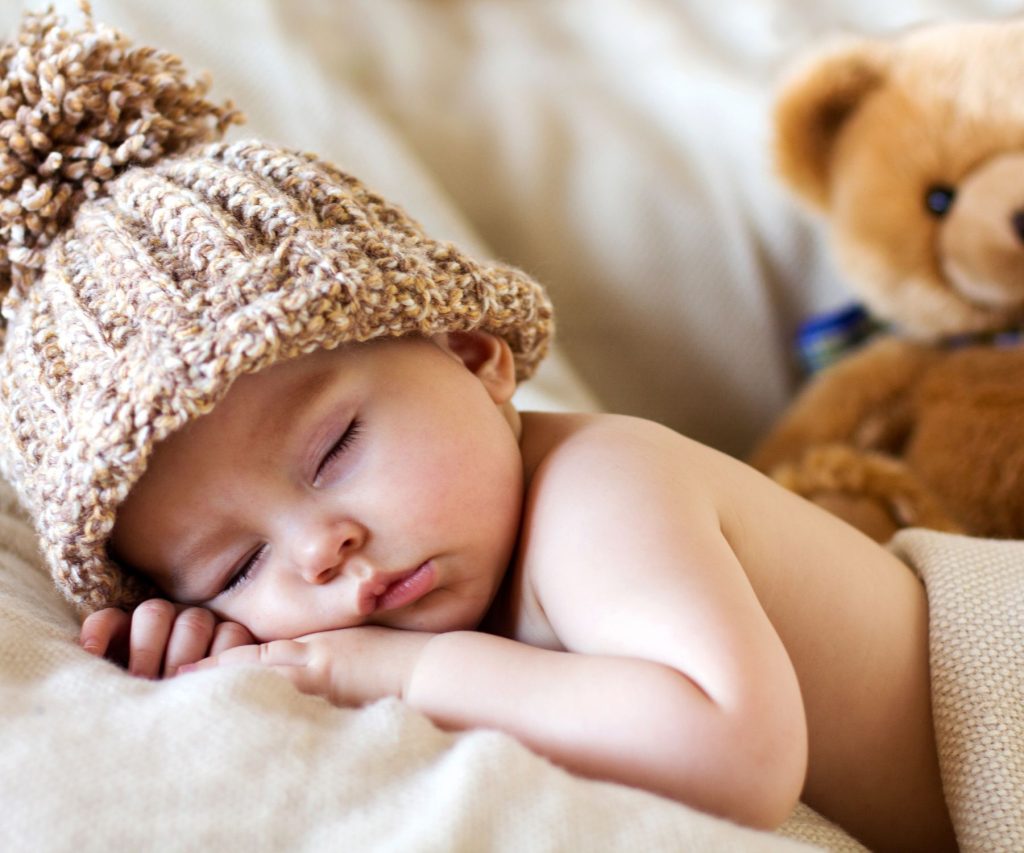 5 Key Tips for Using a Humidifier or Air Purifier
5 Key Tips for Using a Humidifier or Air Purifier
If you do choose to use a humidifier or air purifier for your baby, follow these tips:
- Pick the right size. Choose a model designed for your baby’s room size to ensure proper coverage.
- Use purified water. Fill humidifiers only with distilled or purified water to avoid mineral deposits.
- Clean regularly. Follow all cleaning instructions to prevent mold or bacteria buildup.
- Keep humidifiers separate. Don’t place humidifiers near air purifiers to allow both to work effectively.
- Monitor humidity levels. Use a hygrometer and aim for 30-50% humidity for babies.
Reviews of Top Humidifiers and Air Purifiers for Babies
Here are some top-rated humidifiers and air purifiers to consider for your little one:
Crane Drop Cool Mist Humidifier
This cute, animal-shaped cool mist humidifier is whisper-quiet and perfect for small nurseries. It humidifies spaces up to 500 square feet for up to 24 hours on one fill. Easy to fill, clean, and refill.
Everlasting Comfort Ultrasonic Humidifier
With its large 1.6 gallon tank, this humidifier can run for up to 50 hours straight – ideal for larger nurseries. The warm mist output helps alleviate congestion and coughs.
Levoit Air Purifier
Featuring a true HEPA filter, this air purifier removes 99.97% of allergens and pollutants as small as 0.3 microns. It’s ultra-quiet and energy efficient.
Coway Airmega Air Purifier
With its dual suction power, this air purifier cleans rooms up to 1,560 square feet twice an hour. The washable pre-filters and true HEPA filter capture 99.97% of particles.
Frequently Asked Questions
Is it safe to use a humidifier or air purifier in my baby’s room?
Yes, humidifiers and air purifiers are generally safe for babies when used properly by following all instructions. Avoid cool mist humidifiers which can promote bacteria growth.
At what age can I start using these devices for my baby?
Most pediatricians recommend waiting until your baby is 3-6 months old before using a humidifier or air purifier in their room when congestion or allergies become more common.
How long can I run a humidifier or air purifier each day?
It’s generally recommended to run a humidifier or air purifier for 8-12 hours per day, or overnight while your baby sleeps. Monitor humidity levels and adjust run times accordingly.
How often do I need to clean the humidifier or air purifier?
It’s important to clean a humidifier every 1-3 days and an air purifier’s filters every 2-6 months to prevent mold growth and maintain effectiveness. Always follow manufacturer guidelines.
What humidity level is ideal for my baby?
The optimal nursery humidity range for babies is 30-50%. Levels below 30% are too dry and above 50% promote mold growth. Use a hygrometer to monitor humidity.
Can I use an air purifier if my baby has asthma?
Yes, air purifiers are highly recommended for babies with asthma since they remove asthma triggers like dust, pet dander, and smoke from the air your baby breathes.
Where should I place the humidifier or air purifier in my baby’s room?
Place the humidifier or air purifier near an outlet on the floor at least a few feet from your baby’s crib to allow proper air flow and prevent direct mist. Never place in or near the crib.
The Bottom Line
Using a humidifier or air purifier can benefit your baby by relieving congestion, allergies, coughs and more. Consider your baby’s health needs and environment to decide if one or both devices may be helpful. When used properly by following safety guidelines, they can make a real difference in your little one’s comfort and wellbeing. Also view this source.

